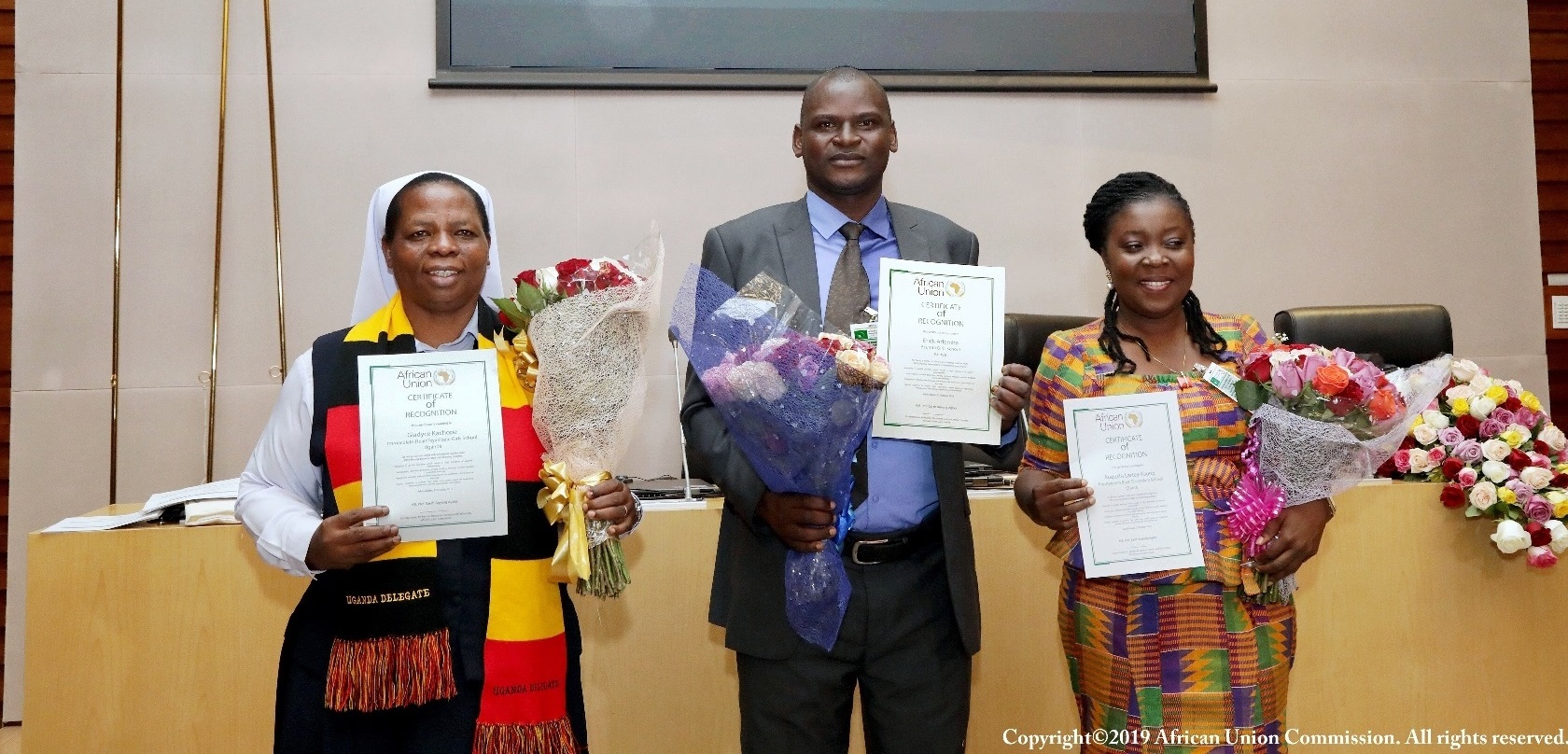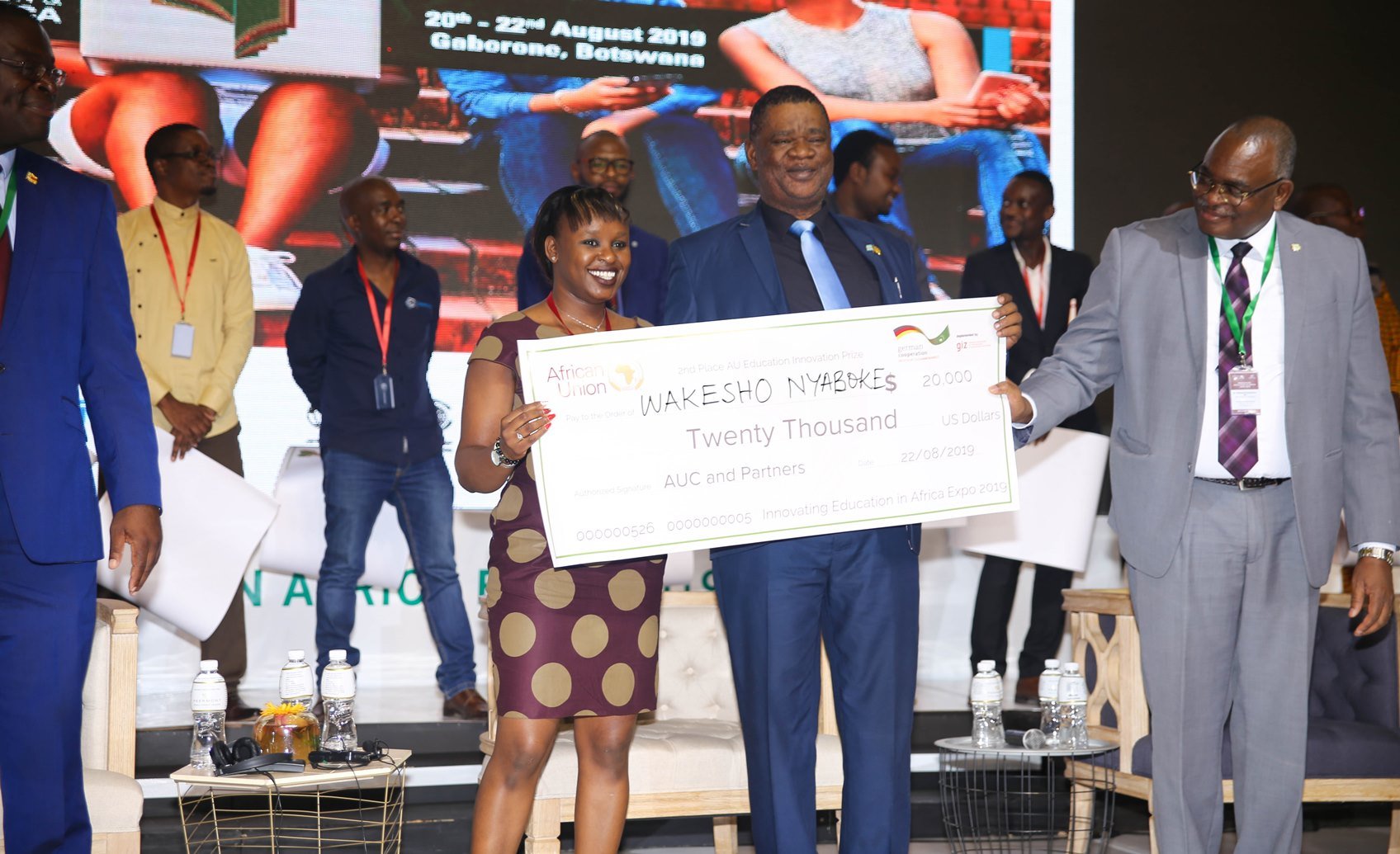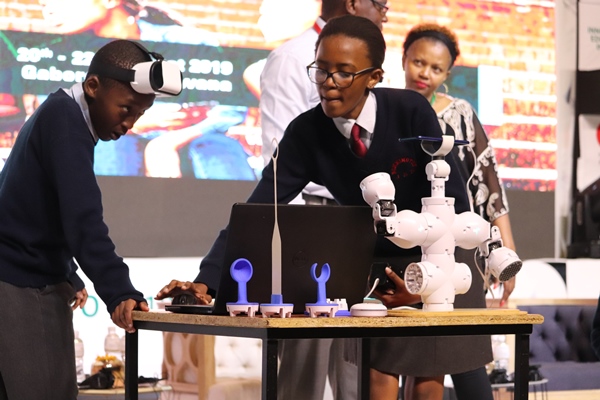Title of Innovation: MITz Kits
Year of implementation: N/A
Website: www.mitzkits.co.tz
Implemented by: MITz Group Company Limited
Country/Countries where the Innovation is being implemented: Tanzania
Problem being solved
Practical understanding of the science subjects is crucial in crafting the creative and innovative minds of students in primary and secondary schools. However, achieving this milestone is the biggest challenge for most of the primary and secondary schools in Tanzania. Most of them don't have science laboratories, and those who have it most of them provide insufficient knowledge for students to visualize and relate the theories taught in the classes with their actual applications in daily life. This means more than 1,000,000 students every year are studying without having any practical understanding of the theories from the textbooks which leads to incompetent science subjects’ graduates being a national wise challenge.
Description of innovation
MITZ Group design, produce and supply MITZ KITS; simple, fun and relevant portable sets of Science tools for students from primary to secondary schools to perform syllabus based experiments with minimum supervision and bridge the gap between reality and theories in science subjects.
Every education system in Africa is struggling to get learning tools that can accommodate and prepare the kids with those trends at an early age and making kids find it easy to understand them during normal class sessions. MITz group designs science kits (MITZ KITS) that are portable and affordable, with unique science tools, a user guide and worksheets for a student to perform more than 50 science experiments and play with over 1000 scientific observations while recording them. They are small sets that can fit into the kids' backpack easily and with them, the science experiments can now be done in the class on the student’s desk with minimized supervision.
The model is designed to reflect the official science syllabus used in Tanzania. These Kits introduce a new way of teaching and learning science subjects. A way that equips kids with a practical understanding of different theories and technical issues they face in class consequently resulting in improved competency. By using MITZ KITS, science learning becomes interactive and interesting thus attracting more students to learn and understand science from its roots.
MITz Group envisions to simplify and minimize the traditional time for preparing and conducting laboratory activities in schools. The vision is to have a MITz KIT on every student’s desk and home studying table.
Outcomes and Impact
The innovation has so far benefited more than 5000 students through over 100 workshops and 60 school visits in Tanzania. Our next milestone is to expand the production and marketing team with a target of impacting 200 secondary schools and 15,000 students in for the next year.
Potential to be scaled and replicated
In early 2018 the business struggled finding for the support but the team worked hard to participate in grant competitions in and out of Tanzania. In October 2018 was recognized as among the best 50 education innovations in Africa by the Africa Union commission during the Africa education expo 2018. In March 2019 the business secured a USD $13,000 as seed fund from the Tanzania Commission for science and technology (COSTECH) which has been used to open and start manufacturing facility operations, piloting and market entry and testing. This grant connected the start-up with the National Small Industry development organization (SIDO) who supports us by allowing one of their working space as our office in two years for free. In December 2019 the start-up secured a USD $6,520 as an innovation support fund from the Tanzania ministry of education through Commission for science and technology (COSTECH) after emerging in the National best ten Research and development innovations 2019. 66.67% of this fund is going to be used for buying a packaging manufacturing machine and 33.33% for extending the marketing and promotion activities.
The business has just entered the market and started selling the products, and in the first two months, 180 kits at USD $12 each have been sold with ongoing discussion for partnership with 2 NGOs, 1 distributor, and 3 secondary schools.

















